
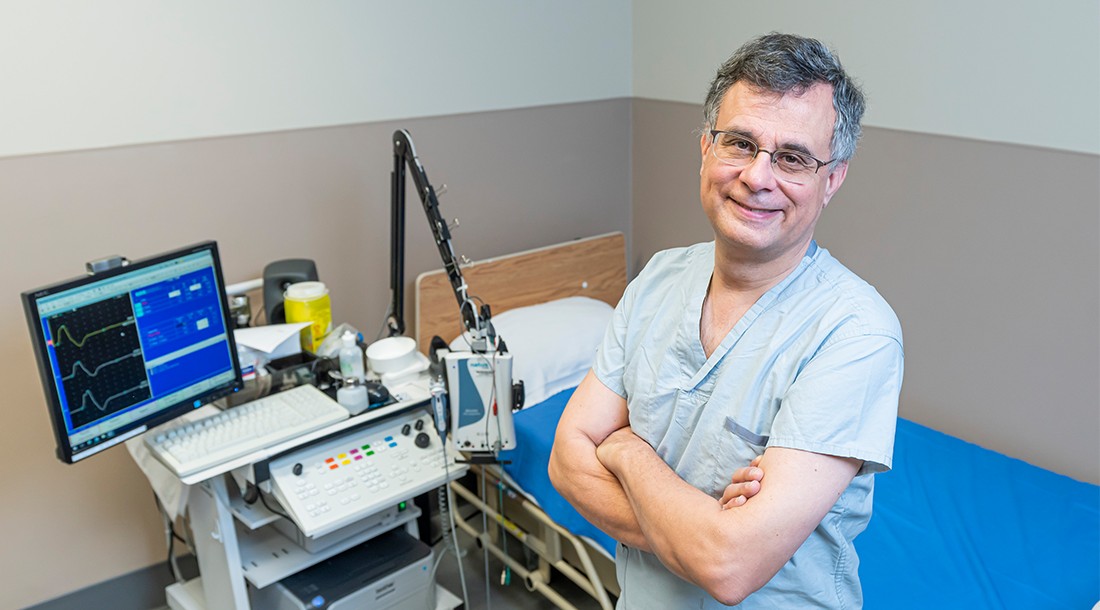
Trio of Life Campaign
Our specialists work with patients to discover, diagnose and monitor symptoms and conditions related to the heart, lungs, and the body’s nervous system – the Trio of Life. Richmond Hospital is in immediate need of new diagnostic equipment which is vital in ensuring that disease progression is discovered in a timely manner and accurately accessed.
We’ll match your donations to fulfill our critical needs.
Our expert team relies on an important suite of specialized equipment which helps to interpret the complexities of each patient’s symptoms and plays a crucial role in assisting physicians in developing an optimum treatment plan.
Scroll To View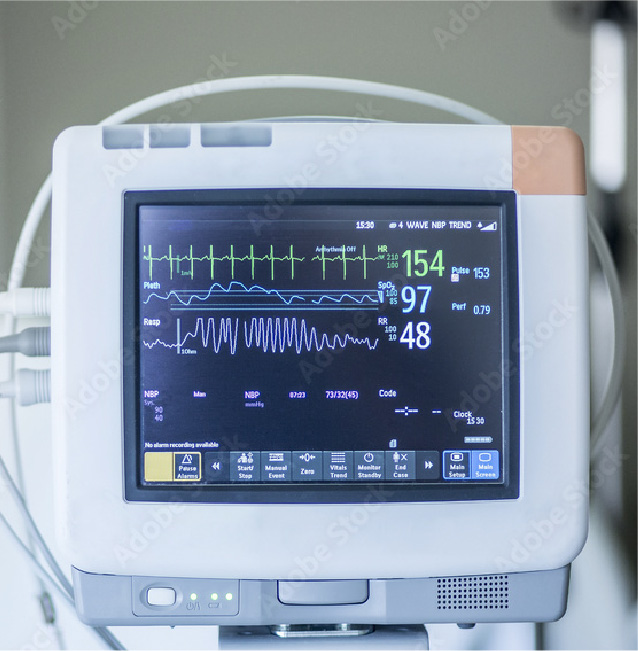
4 Electrocardiogram (ECG) Systems
$85,000
Electrocardiograms (ECG) are non-invasive and painless ways to measure the electrical activity of your heartbeat.They allow your cardiologist to determine whether your heart-rate is normal, slow, fast or irregular AND it may help a cardiologist determine if parts of your heart are too large or overworked. Today’s equipment at Richmond Hospital is unstable and has no wireless capability. New equipment would be fast, reliable and easily connected to modern computer systems. Each of these cart systems are easily transportable to the bedside to monitor inpatients at Richmond Hospital.
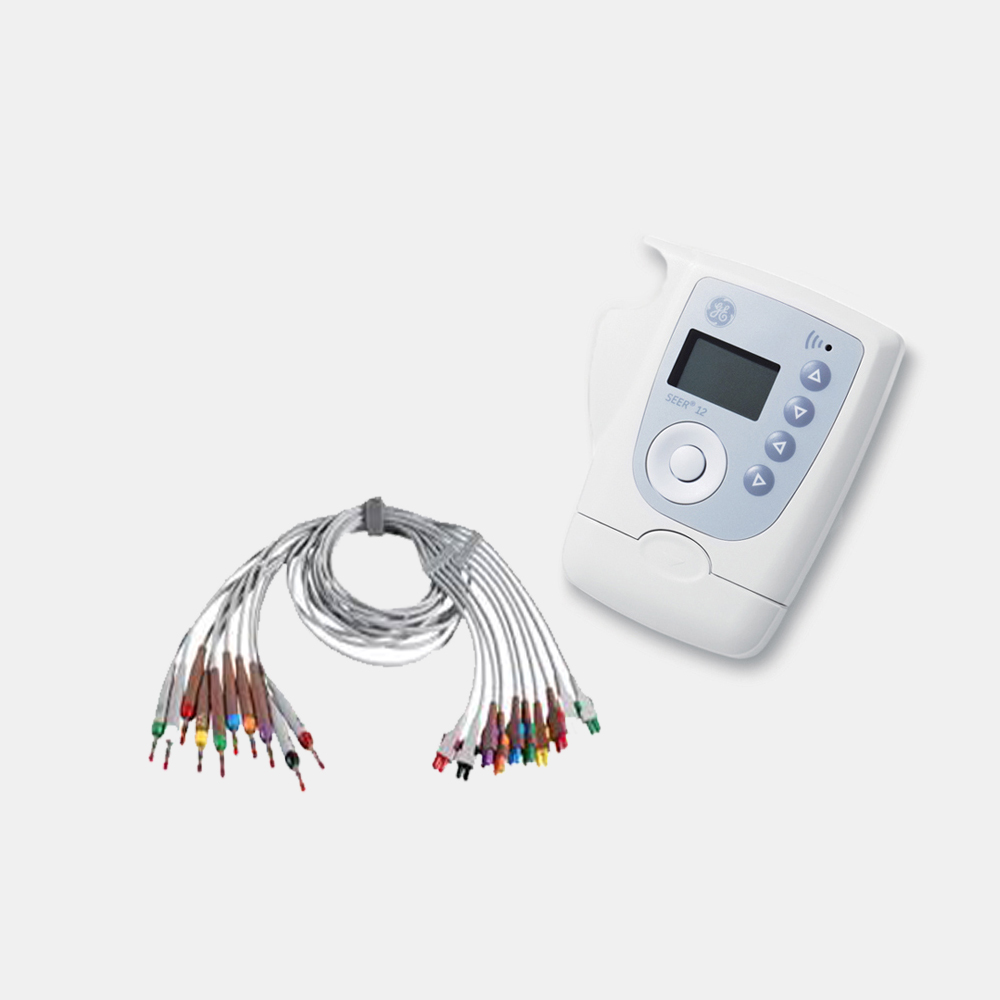
15 Holter Monitors, Lead Sets & Peripherals
$40,000
Holter monitors are small wearable devices that keep track of your heart rhythm over a period of time (usually 24 or 48 hours). It is most often used for inpatients in a hospital setting but can also be attached to a patient’s body in the hospital and worn for a prescribed period of time in a home environment. The device records every one of your heartbeats and your doctor uses the information to determine if you have a heart rhythm problem.
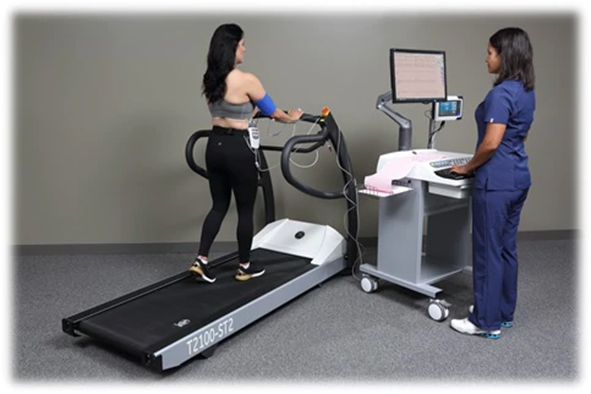
2 Cardiac Stress Test & Treadmill Systems
$100,000
Working out on a treadmill allows a cardiologist to evaluate how your heart functions while you’re exercising and when your heart is strained. It allows a cardiologist to find the cause of symptoms such as chest pain or shortness of breath. It can be used to diagnose or monitor coronary artery disease, an abnormal heartbeat, congestive heart disease or a problem with one of your heart valves. The patient is connected to a computer through blood pressure cuffs and ECG monitors that will monitor blood pressure and blood oxygen levels. This heavily used equipment needs to interface with current computer programs for accurate output. Richmond Hospital’s current device is now at the end of its life.
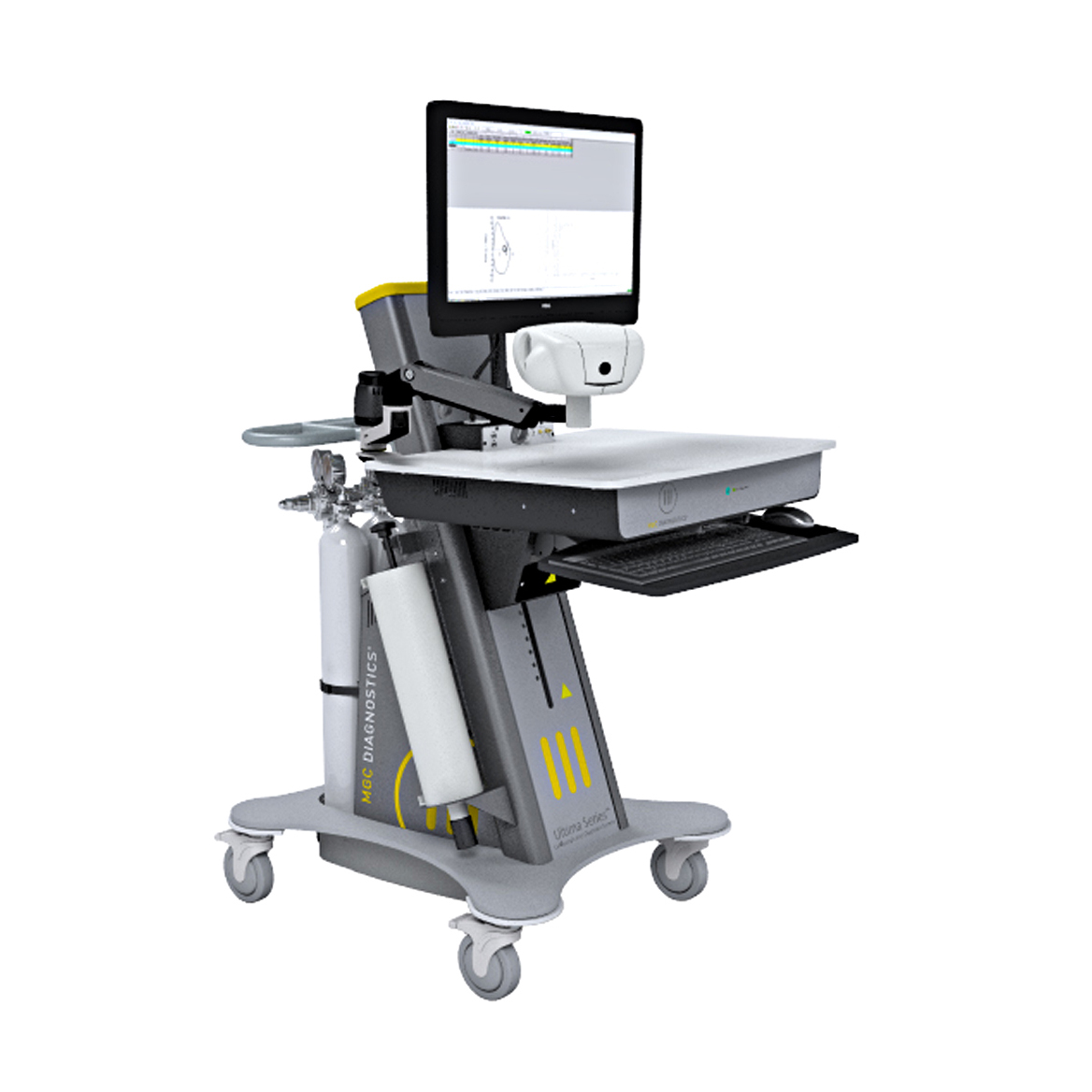
2 Pulmonary Function Systems
$265,000
A pulmonary function system investigates the health of the cardiovascular system that carries oxygen-poor blood away from the heart to the lungs and returns oxygen-rich blood back to the heart. The tests identify how well a person’s lungs work by measuring lung size, air flow, determining oxygen levels in the blood, measuring inflammation in the lungs and identifying how well gases get in and out of your blood. The need for this equipment has been described as ‘extremely-critical’ for the effective monitoring of lung function.
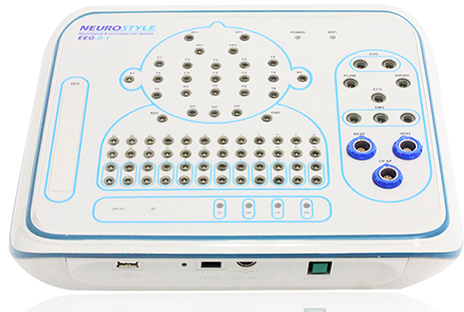
Electro-encephalogram (EEG) System
$35,000
In the neuro-diagnostic unit, the EEG System records electrical signals of the brain (brain waves) and helps doctors evaluate head injuries, diagnose sleep disorders and seizure disorders such as epilepsy, brain tumours and stroke.
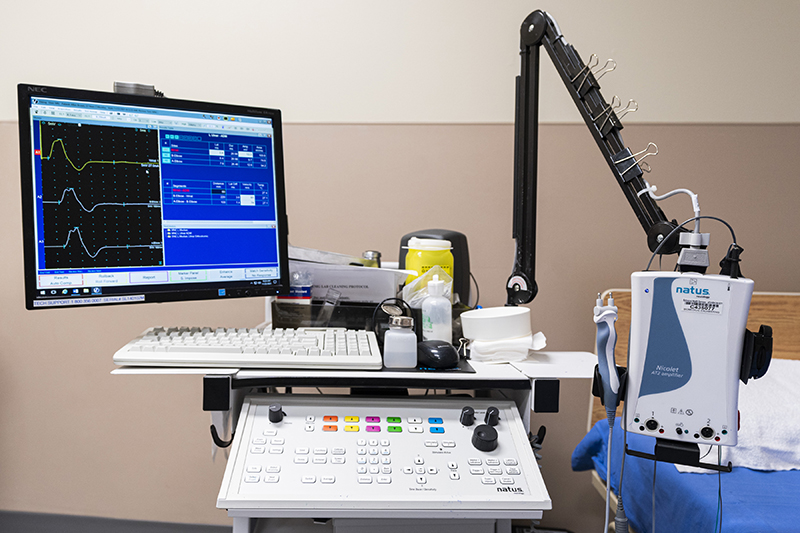
Electro-myelography (EMG) System
$55,000
The EMG System, located in the Neuro-diagnostics area at Richmond Hospital, measures muscle response or electrical activity in response to a nerve stimulation of the muscle. It gives neurologists an indication of the exact location and extent of an injury. It is an essential tool to determine which therapies (surgical or non-surgical) should be used to correct nerve damage or injury.
We’ll match your donations to fulfill our critical needs.
Our expert team relies on an important suite of specialized equipment which helps to interpret the complexities of each patient’s symptoms and plays a crucial role in assisting physicians in developing an optimum treatment plan.
Scroll To View
4 Electrocardiogram (ECG) Systems
$85,000
Electrocardiograms (ECG) are non-invasive and painless ways to measure the electrical activity of your heartbeat.They allow your cardiologist to determine whether your heart-rate is normal, slow, fast or irregular AND it may help a cardiologist determine if parts of your heart are too large or overworked. Today’s equipment at Richmond Hospital is unstable and has no wireless capability. New equipment would be fast, reliable and easily connected to modern computer systems. Each of these cart systems are easily transportable to the bedside to monitor inpatients at Richmond Hospital.

15 Holter Monitors, Lead Sets & Peripherals
$40,000
Holter monitors are small wearable devices that keep track of your heart rhythm over a period of time (usually 24 or 48 hours). It is most often used for inpatients in a hospital setting but can also be attached to a patient’s body in the hospital and worn for a prescribed period of time in a home environment. The device records every one of your heartbeats and your doctor uses the information to determine if you have a heart rhythm problem.

2 Cardiac Stress Test & Treadmill Systems
$100,000
Working out on a treadmill allows a cardiologist to evaluate how your heart functions while you’re exercising and when your heart is strained. It allows a cardiologist to find the cause of symptoms such as chest pain or shortness of breath. It can be used to diagnose or monitor coronary artery disease, an abnormal heartbeat, congestive heart disease or a problem with one of your heart valves. The patient is connected to a computer through blood pressure cuffs and ECG monitors that will monitor blood pressure and blood oxygen levels. This heavily used equipment needs to interface with current computer programs for accurate output. Richmond Hospital’s current device is now at the end of its life.

2 Pulmonary Function Systems
$265,000
A pulmonary function system investigates the health of the cardiovascular system that carries oxygen-poor blood away from the heart to the lungs and returns oxygen-rich blood back to the heart. The tests identify how well a person’s lungs work by measuring lung size, air flow, determining oxygen levels in the blood, measuring inflammation in the lungs and identifying how well gases get in and out of your blood. The need for this equipment has been described as ‘extremely-critical’ for the effective monitoring of lung function.

Electro-encephalogram (EEG) System
$35,000
In the neuro-diagnostic unit, the EEG System records electrical signals of the brain (brain waves) and helps doctors evaluate head injuries, diagnose sleep disorders and seizure disorders such as epilepsy, brain tumours and stroke.

Electro-myelography (EMG) System
$55,000
The EMG System, located in the Neuro-diagnostics area at Richmond Hospital, measures muscle response or electrical activity in response to a nerve stimulation of the muscle. It gives neurologists an indication of the exact location and extent of an injury. It is an essential tool to determine which therapies (surgical or non-surgical) should be used to correct nerve damage or injury.
Campaign goal
$580,000
We’re raising $580,000 to replace vital equipment for the Cardiology, Pulmonary and Neurology specialties. By placing the right tools in the hands of our health care teams we’ll ensure the well-being of our community every single day.
Donate today or Contact us to learn how your philanthropic partnership can help improve care through innovation and technology.

